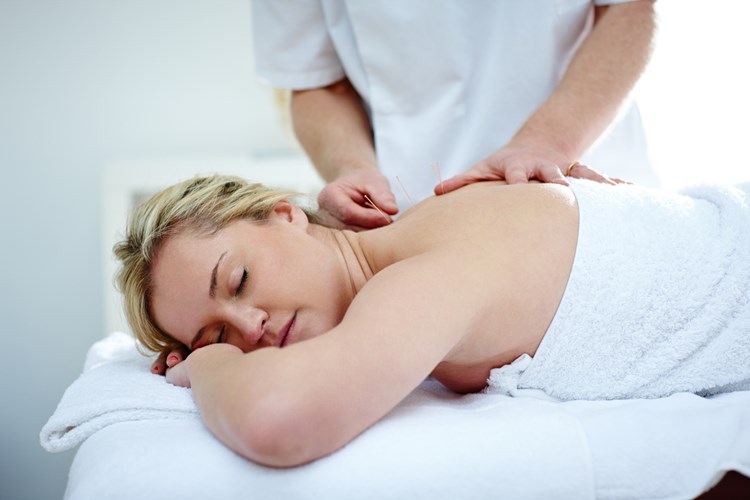
Although there are currently multiple approaches to managing CP/CPPS, including antibiotics, alpha-blockers and anti-inflammatory agents, the Turkish researchers noted, none of them has proved to be completely effective.
Dr. Mete Cek, of the Trakya Medical School, Edime, Turkey, and colleagues conducted a trial in which 100 urology outpatients were randomised to acupuncture at either seven acupoints bilaterally or sham points adjacent to these points.
Among the 91 men who completed six weeks of treatment and all post-treatment visits, the response rate of the acupuncture group at the Week 8 follow-up, as measured by at least a 50% decrease from baseline in the National Institutes of Health Chronic Prostatitis Symptom Index, was 92%, versus 48% in the sham-treatment group (p>0.001). The difference between the two groups remained statistically significant at Week 24.
The researchers reported no adverse effects from either acupuncture or sham treatment, according to the May 5 online report Prostate Cancer and Prostatic Diseases.
"There is sufficient evidence of acupuncture's value to expand its use into conventional medicine in this aspect and to encourage further studies of its physiology and clinical value," the researchers concluded.
"I believe this study fills in the gap in the knowledge base we identified a few years ago," Posadzki, currently a research fellow at Lee Kong Chian School of Medicine, Imperial College London and Nanyang Technological University, Singapore, told Reuters Health by email. "Having said that, I also believe much more needs to be done in this field to allow firmer conclusions to be drawn."